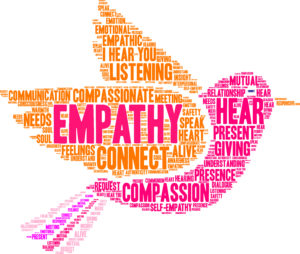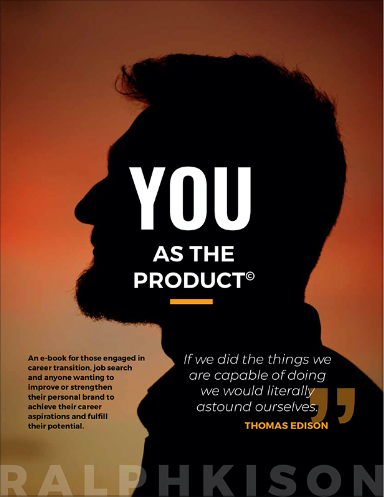If you’re drinking the “poison” (anger, resentment, revenge, jealousy, suspicion, etc.) that you are directing towards others, and in so doing, thinking you’re hurting them, you may be mistaken. It may slowly be “killing” you emotionally and relationally and even negatively be impacting your health. (Your adrenal glands fill your body with stress hormones such as cortisol and adrenaline when you’re angry.)
If the person(s) that hurt you don’t share your opinion or viewpoint, your efforts to guilt or shame them into seeing things your way, likely won’t work. In fact, it generally pushes them further away.
My experience is that others may change when I change. Ultimately, we all seek to be accepted and valued, not necessarily agreed with. Healthy tension in the form of differing viewpoints can reveal different pathways and solutions to outcomes not previously considered. It can also reveal our blind spots.
Our worldview informs not only how we see others, it explains our actions and behaviors. It can also serve as a gateway, or a barrier, for communication and connection with others.
We may disagree with other’s viewpoints and opinions, that’s fair. When we accept them for who they are, even the things that we disagree with, which may be very difficult, we stand the chance of seeing them without judgement. (I know its hard.) We must remember that their views are based on their reality, which often includes pain, disappointment and anger. Once we see them for who they are – a person with feelings, goals, fears, anxieties and dreams, just trying to get through each day, we can begin to show empathy. Empathy builds emotional and relational bridges of trust. Brené Brown’s video provides a great example of this.

You get to decide how you’re going to act and what you’re going to do – positive or negative. You also must live with the consequences of your actions.
Is it time to step back and get over yourself for the benefit of others?
James 1:19 “Be quick to listen, slow to speak, and slow to anger.”


Recent Comments